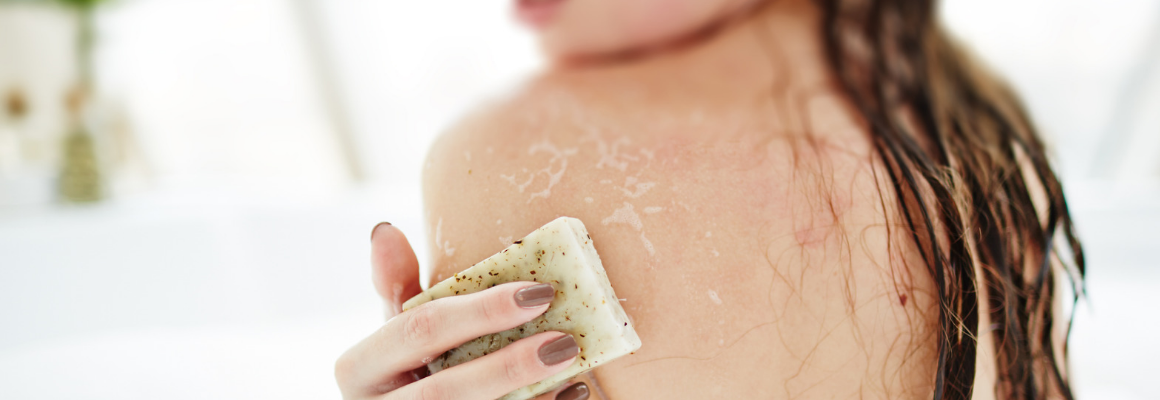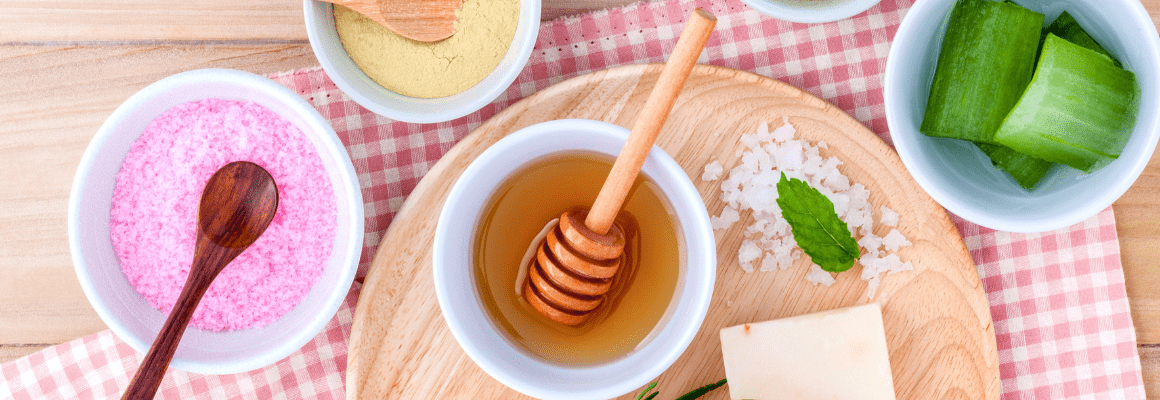The ultimate challenge that plagues most eczema sufferers is how to stop itching from eczema. Many people are beginning to search for natural treatments to relieve their itchy skin.
Read on to discover recommended holistic approaches on how to stop itching from eczema naturally:
Elimination Diets
An elimination diet can be a huge help in reducing the frequency and intensity of eczema flare-ups. Elimination diets help identify food sensitivities and allergies in order to understand eczema triggers. Elimination diets are not complicated, but they do require organization.
Typically, elimination diets start by eliminating the 6 most common allergies: peanuts, milk, eggs, gluten, treenuts and shellfish. These foods are then removed and reincorporated into one's diet after at least one month.
As always, this type of diet should be conducted under the supervision of a physician, especially for children who may also need specialized eczema cream for babies. Children require balanced nutrients, so it's important to discuss this with your physician. A medical practitioner can also determine whether a food needs to be avoided altogether or if you simply need to reduce your intake.
Moisturize
Moisturizing your skin is one of the most effective ways to stop the itch-scratch cycle. All-natural beef tallow cream and balms can provide the needed moisture to restore the skin's barrier.
For example, this Organic Manuka Skin Soothing Cream is a top seller because it contains Organic New Zealand Manuka honey and oil. Not only is it gentle and nourishing, but its manuka honey and oil contents provide anti-inflammatory and anti-bacterial properties.
This Emily's Skin Soothers Itchy Eczema Balm also provides soothing relief to itchy, irritated skin through its organic olive oil, Chinese herbs and beeswax contents.
Lastly, this Organic Aloe Spray is perfect for soothing itchy skin caused by eczema or psoriasis. Not only does it contain aloe vera, a soothing and cooling agent, but calendula helps to soothe the itch as well.
For most effective relief, we always suggest moisturizing after a bath. However, it's important to keep bathing time to a minimum and to soak only in lukewarm water. This will help keep skin protected from further irritation and possible infection.
After bathing, simply add a layer of your favorite natural emollient. This will help lock in the benefits of the bath and repair skin overnight while you sleep.
Wet and Dry Wrapping
Getting the proper amount of sleep is important to any sort of healing, but with itchy skin at night, it's difficult to get a good night's rest.
Both wet and dry wrapping can provide more advanced forms of relief while eliminating the itch-scratch cycle.
While wet wrapping can provide more immediate relief and soothing properties for active-flare ups, it tends to be a rather time consuming process. On the other hand, dry wrapping can provide a more long term solution to control flare-ups and prevent symptoms.
For dry wraps, we recommend the Remedywear™ which is made of soft, cooling TENCEL fabric with zinc-embedded fibers. This material heals and soothes skin while protecting it from scratching or irritants. These Remedywear Sleeves are especially helpful because they can be adjusted to heal a variety of areas.
Avoid Triggers
For eczema prone skin there are both food and environmental triggers that can cause skin to flare. However, knowing and avoiding these triggers can truly be the answer to how to stop itching from eczema.
To avoid irritants when washing, choose a natural soap like our Coconut and Sunflower Oil Soap or use detergent for sensitive skin. You can buy it in combination with our Manuka Cream mentioned above with our Body Essentials Bundle. This natural skincare kit, along with specialized eczema soap, is the best choice for those with sensitive or itchy skin.
Environmental triggers are often beyond human control, but there are options to decrease symptoms.
For example, pollen is a common trigger for both eczema and allergies. Oftentimes the two conditions go hand in hand, so when one flares up, the other does too.
Extreme heat is a big problem for eczema sufferers because the heat itself irritates the skin, but it also causes sweating and chafing on top of that.
Educating yourself on triggers and knowing what causes your skin to react will ultimately help you control your symptoms, allowing yourself to heal from itchy, irritated skin.
Resources
https://www.cochrane.org/CD005203/SKIN_dietary-exc...



